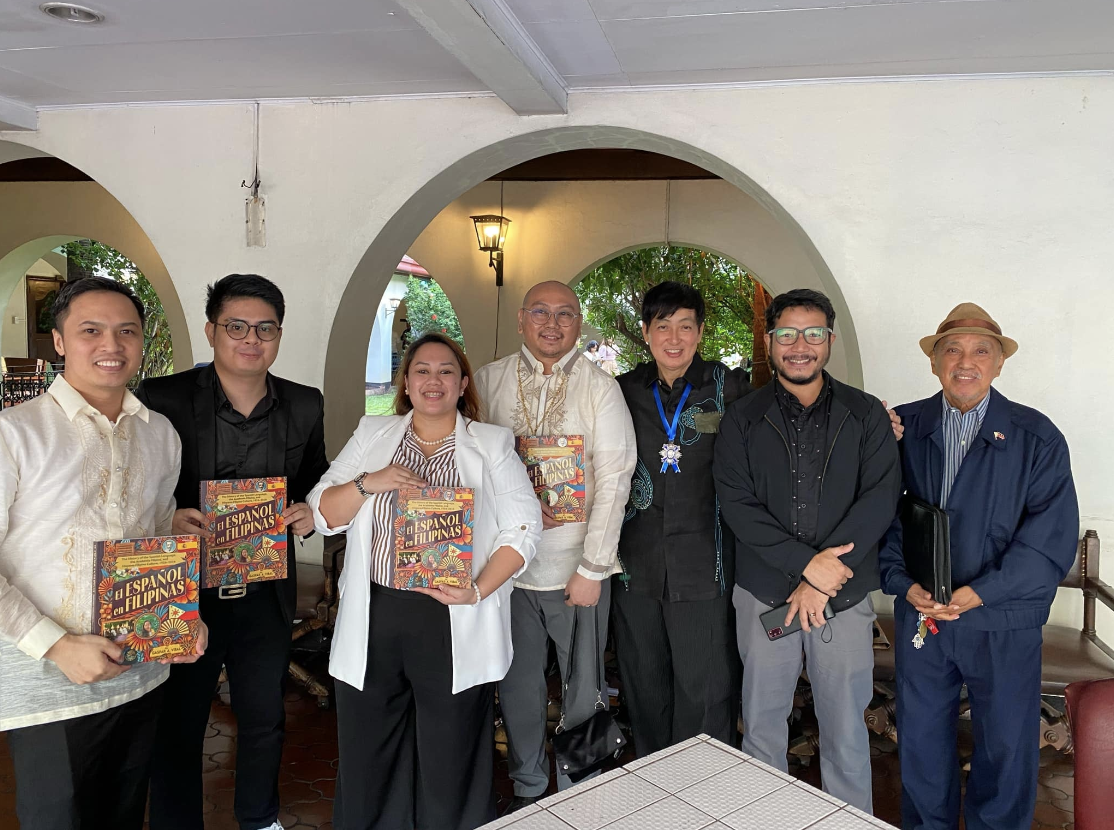
Vibal Foundation launches book on Spanish language in postcolonial Philippines
February 24, 2025
MANILA, Feb. 24, 2025 – El Español en Filipinas, the latest book by esteemed author Gaspar A. Vibal, was presented to the public today during the celebration of the centenary of the Academia Filipina de la Lengua Española at Casino Español in Ermita, Manila.
Published by Vibal Foundation under its Academica Filipina+ imprint, the highly anticipated book follows the release of the author’s critically acclaimed titles Bullfighting in the Philippines, 1602-2022 which was a finalist at the 2024 National Book Awards; Philippine Cinema, 1897-2020 which was named “Best Book on Art” at the 2022 National Book Awards; and Philippine Cinematic Art.
El Español en Filipinas navigates the intricate landscape of the Spanish language in the postcolonial Philippines, beginning with the significant separation from Spain in 1898. The book examines critical historical developments spanning from the late nineteenth century, through the American occupation, the Spanish Civil War, and World War II — each event substantially affecting Spanish-speaking communities across the archipelago.
More than just a historical account, El Español en Filipinas is an honest examination of the Spanish language’s role and future within twenty-first-century Philippine society. The author tackles the subject with a thoughtful perspective, providing readers with a candid look at how Hispano-Filipino culture continues to evolve amidst contemporary challenges.
Dubbed by acclaimed historian Ambeth Ocampo as “a man who follows a star,” author Gaspar Vibal embarks on a journey that traces the roots of the Spanish language and culture in the Philippines. Ocampo asserts, “It is a journey, not a destination,” noting Vibal’s ability to illustrate how modern Filipinos have embraced what was once foreign, and molding it into a defining feature of their identity.
Prof. Wystan dela Pena, who teaches Philippine literature in Spanish, Spanish literature, and translation theory at the University of the Philippines meanwhile referred to the book as a “welcome addition to the growing number of publications dealing with Fil-Hispanic culture and literature.” In his review Dela Pena said: “Vibal displays impressive scholarship in his narrative. ElEspanol en Filipinas will be an important reference for Filipino Hispanista historiography.”